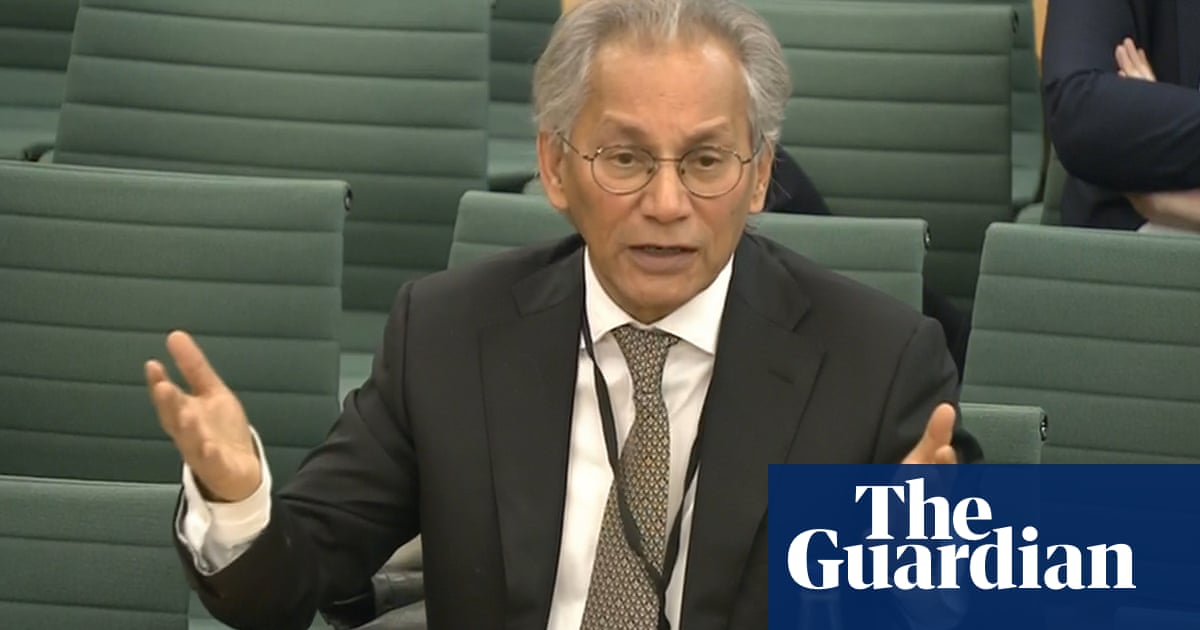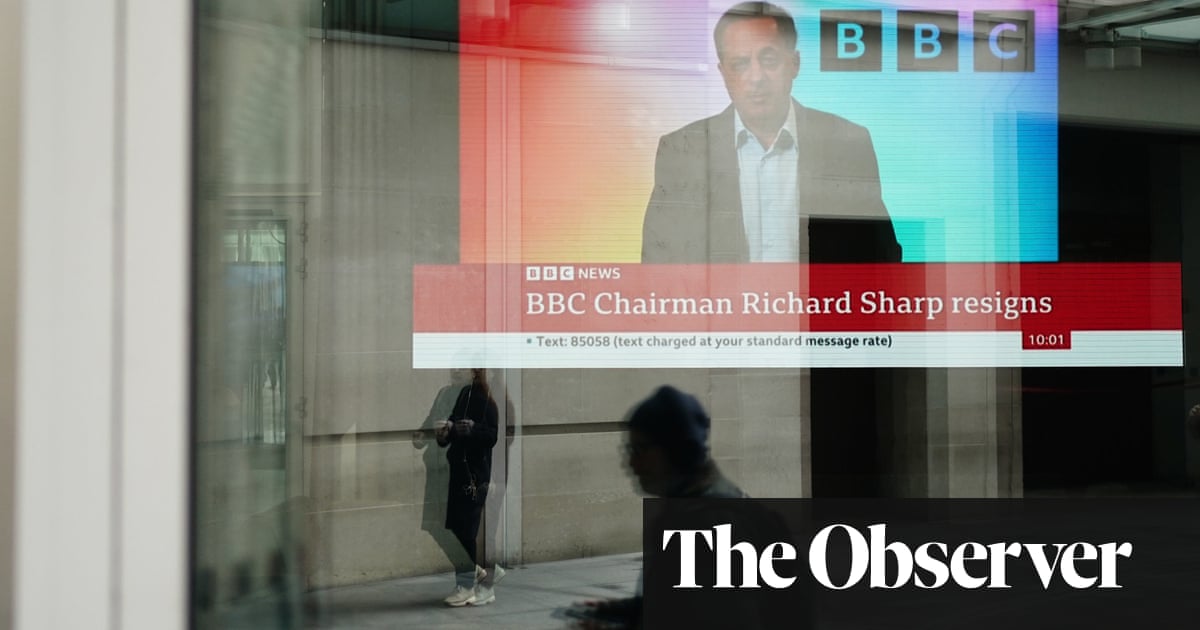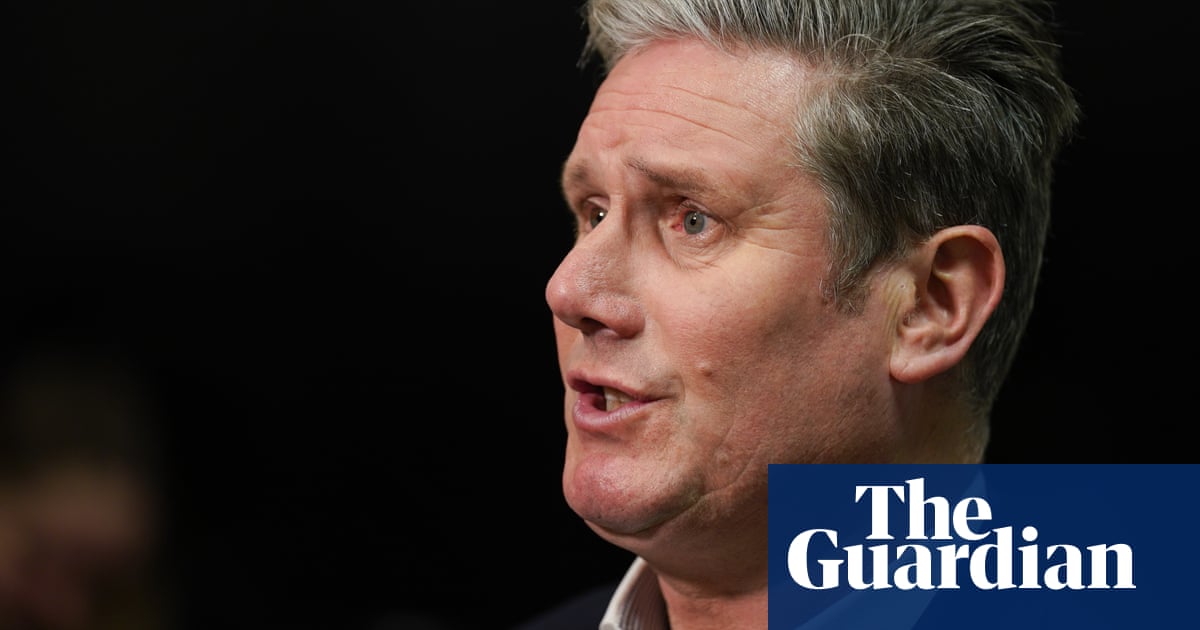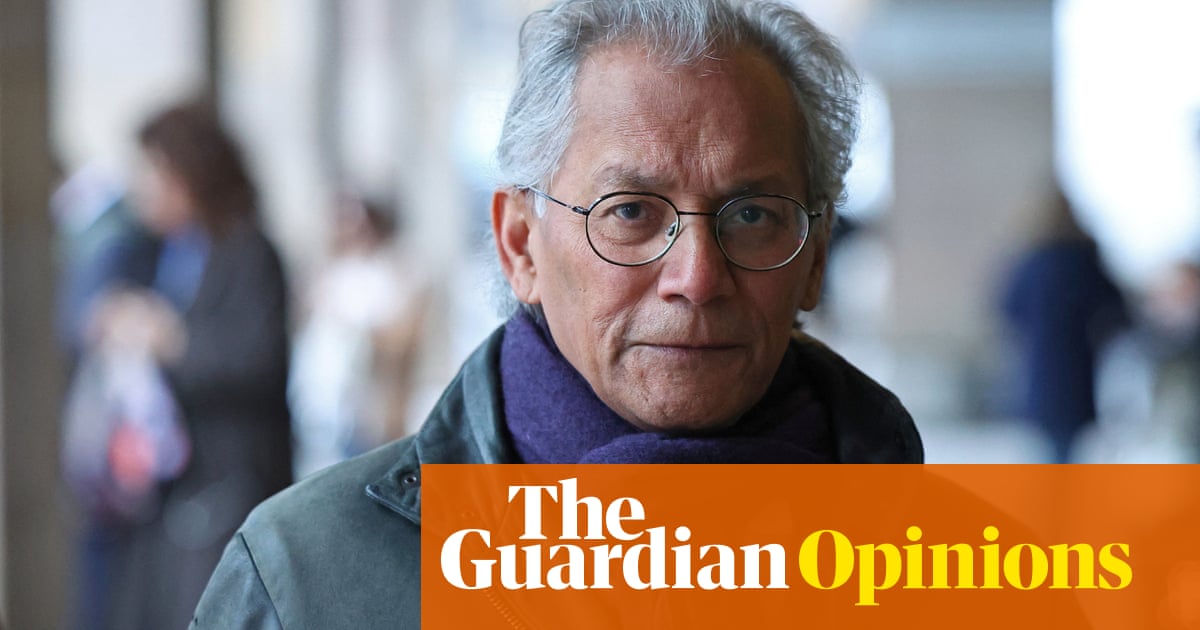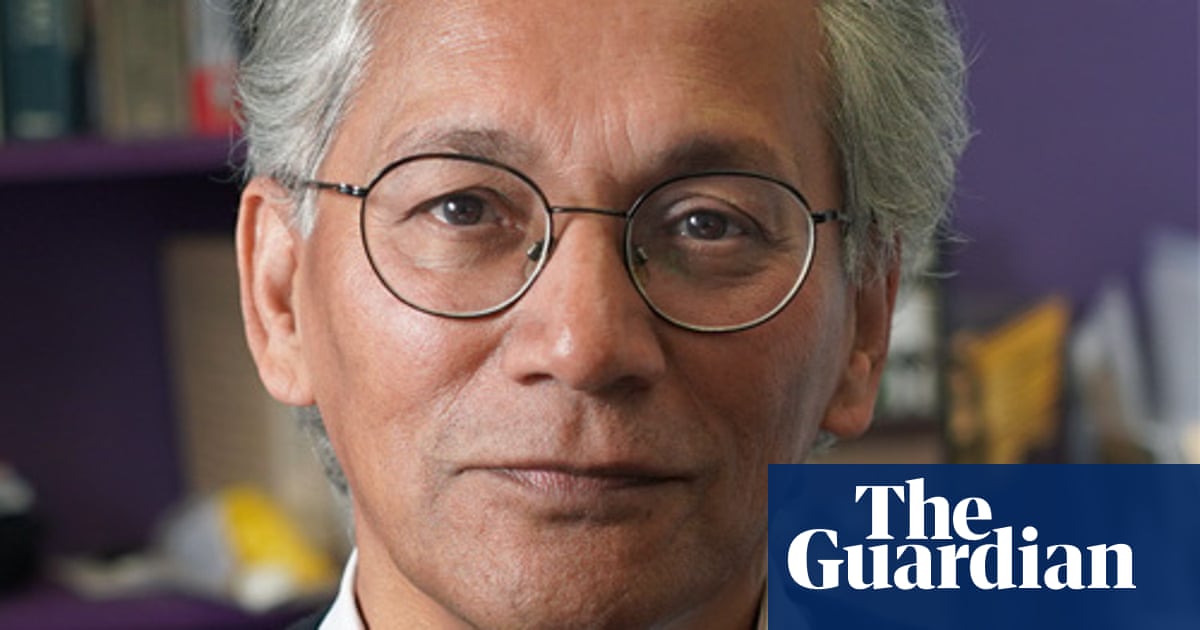
The veteran TV executive Samir Shah is set to be appointed as the next chair of the BBC.
Shah, 71, who has previously served as a non-executive director at the broadcaster and was the co-author of the government commission’s controversial racial disparities report in 2021, has been announced as the culture secretary’s “preferred candidate” for the three-days-a-week position, which pays a salary of £160,000.
Before being appointed to the role, Shah will be questioned by a cross-party group of MPs on the culture, media and sport select committee, at a hearing expected to be held next Wednesday.
The culture secretary, Lucy Frazer, said Shah’s 40 years of experience in TV production and journalism gave him “a wealth of experience to bring to the position of BBC chair”.
She added that Shah’s “knowledge of the BBC and his belief in its role as a national broadcaster alongside his extensive work to promote diversity in broadcasting will be invaluable in helping to ensure that the BBC reflects, represents and serves communities across the whole of the UK.”
Shah succeeds Sharp, who resigned as BBC chair in April after he breached rules on public appointments in connection to a secret £800,000 loan made to Boris Johnson. Frazer thanked Dame Elan Closs Stephens, who has acted as the chair in the interim.
Shah will take up the post at a challenging time for the BBC. On Sunday, the prime minister, Rishi Sunak, said BBC cuts – in which its flagship news programme Newsnight cut to 30 minutes and transformed into a debate show – were “welcome” amid reports of licence fee curbs. This week, Frazer, in effect confirmed that the broadcaster would receive a below-inflation increase to the licence fee.
The £159 annual fee has been frozen for two years, and if it were to increase in line with inflation it would go up by about £15. During an interview round on Monday, Frazer said this was unlikely to happen.
Shah was critical of the BBC during his time as non-executive director, saying in 2008 that the “One BBC ethos” unwittingly created a “monolithic posture that makes it appear anti-competitive”.
His views were contained in an essay, called The BBC, Viewed from Inside and Out, in a book, The Price of Plurality, published in 2008.
In the essay, Shah raised the question of whether the BBC should be the sole beneficiary of the licence fee in future. He is thought to be an ally of Robbie Gibb, formerly the Downing Street director of communications for Theresa May, whom Emily Matlis accused of being “active agent of the Conservative party” since he became a BBC board member for England in April 2021.
One insider at the BBC said that while the government may have been attracted by Shah’s “anti-woke” credentials, within the corporation Shah’s journalistic expertise and understanding would be valued.
On Wednesday, Shah said he was “delighted” to be chosen by the government, saying the BBC held a “great place in British life”.
“The BBC is, without doubt, one of the greatest contributions we have made to global culture and one of our strongest calling cards on soft power,” he said. “If I am able to put what skills, experience, and understanding of public service broadcasting I have built up during my career to help this brilliant organisation meet the complex and diverse challenges it faces over the coming years, it would be an honour.”
He added that the BBC had a “unique duty” to reach a wide audience right across the country” and promised to do “all I can to ensure it fulfils this in an increasingly competitive market”.
It is not the first time Shah has been in the employment of the BBC. He headed the broadcaster’s TV current affairs when he joined the corporation from the commercial broadcaster LWT in 1987 and went on to run its political journalism department at Millbank.
He left in 1998 to become the chief executive of the production company Juniper TV, which has produced programmes for Channel 4 and the BBC, including several BBC Radio 4 programmes. Shah’s brother is Mohit Bakaya, the BBC Radio 4 controller.
In 2021, he co-authored the 2021 Commission on Race and Ethnic Disparities report, which was accused of downplaying the effects of discrimination. He sat on the interview panel that year for Ofcom board appointments.
A fellow of the Royal Television Society, he is also a Bafta board member and chairman of One World Media, which promotes independent media coverage from developing countries.
He was awarded a CBE for services to television in 2019 and an OBE in the 2000 new year’s honour list.
Shah was born in Aurangabad, India, he moved to England in 1960. He has a geography degree from the University of Hull and a doctorate from the University of Oxford.




